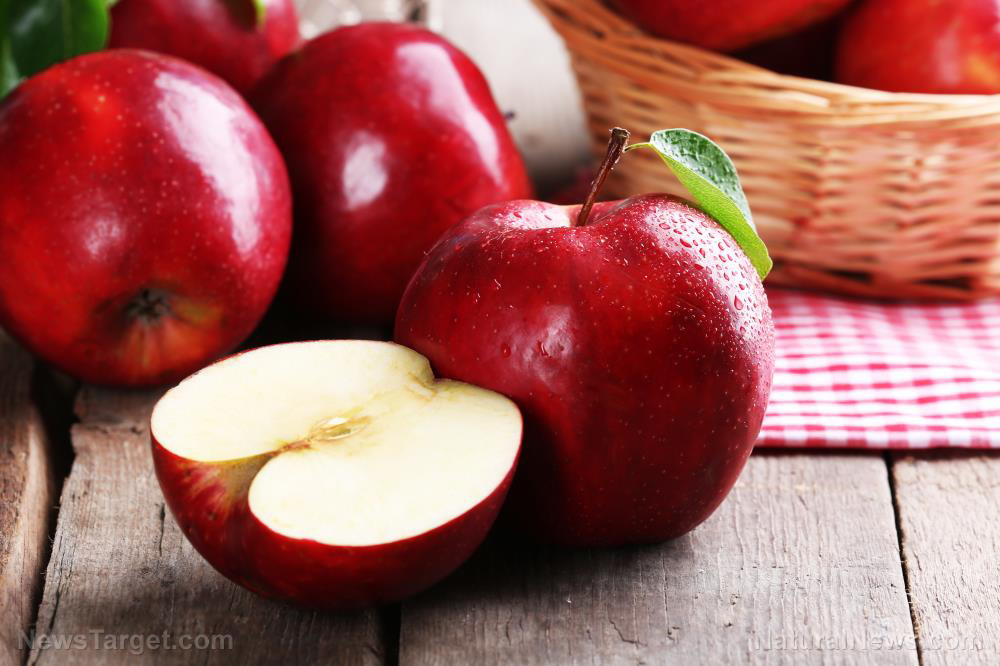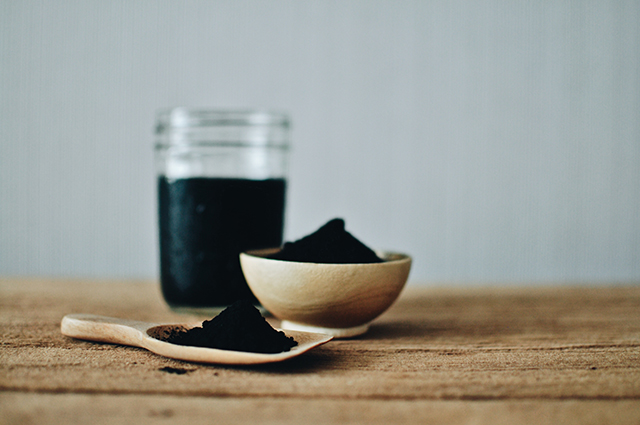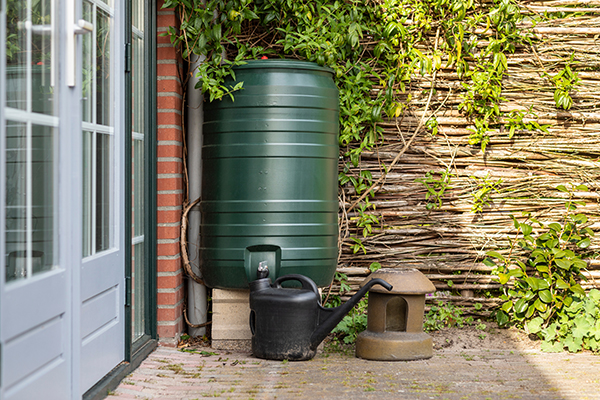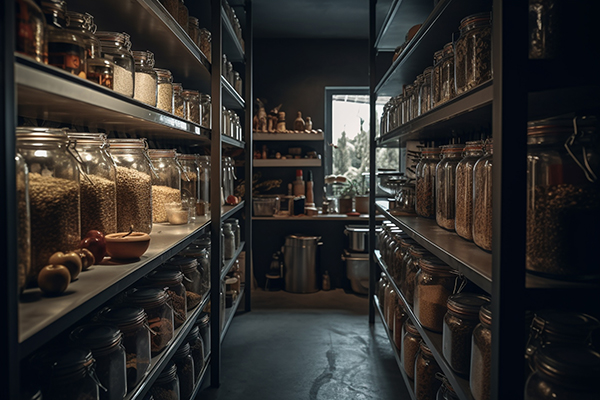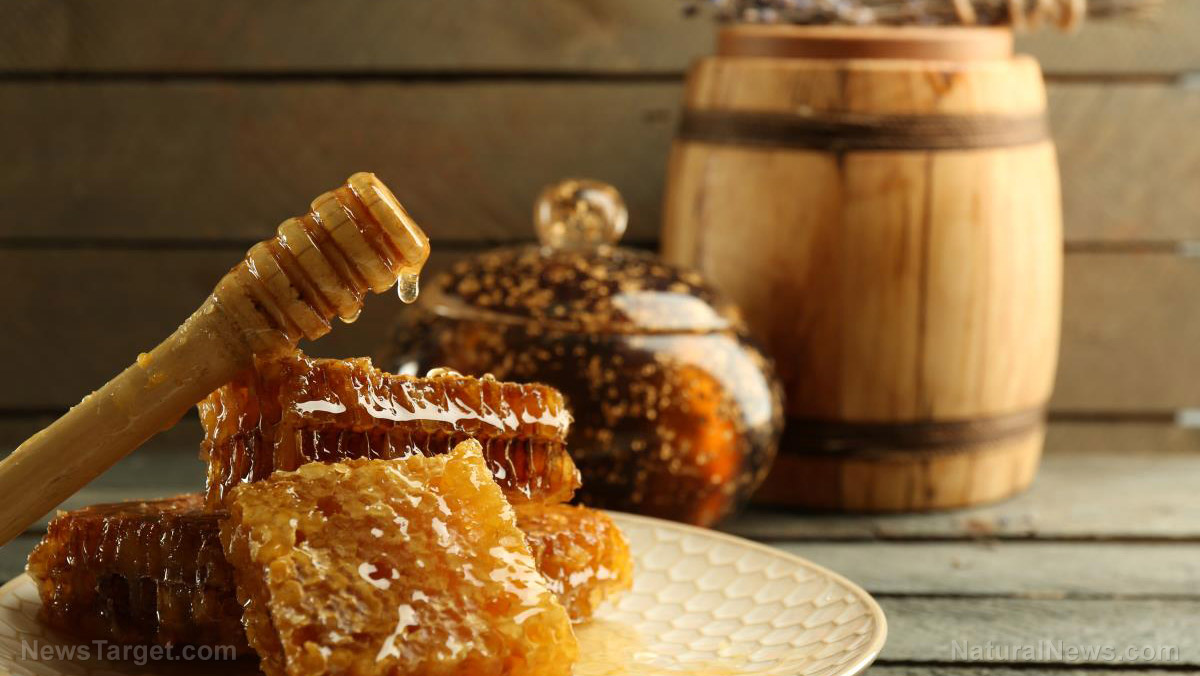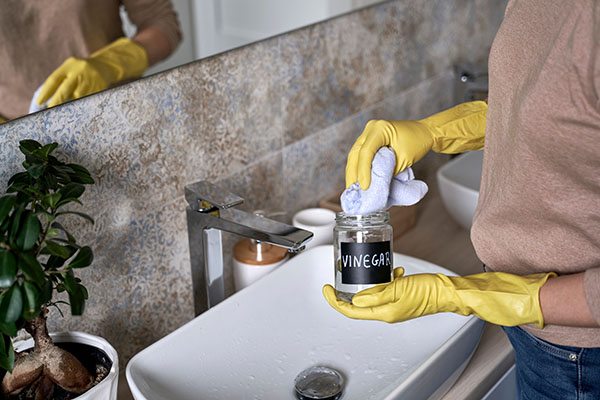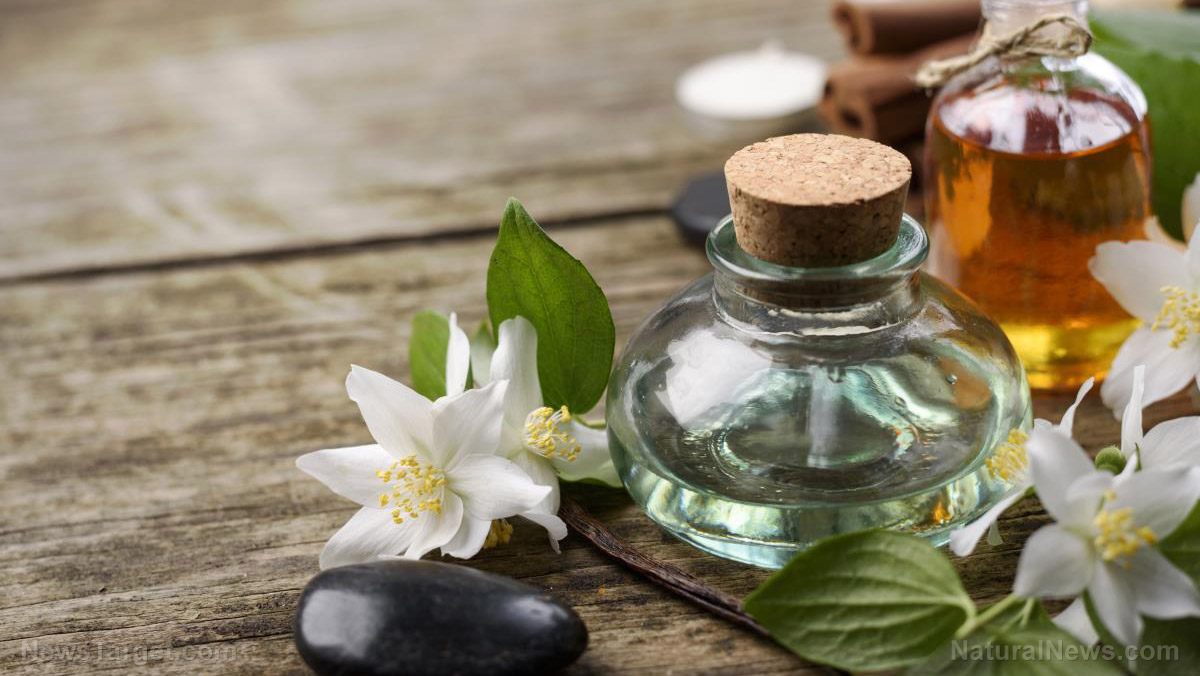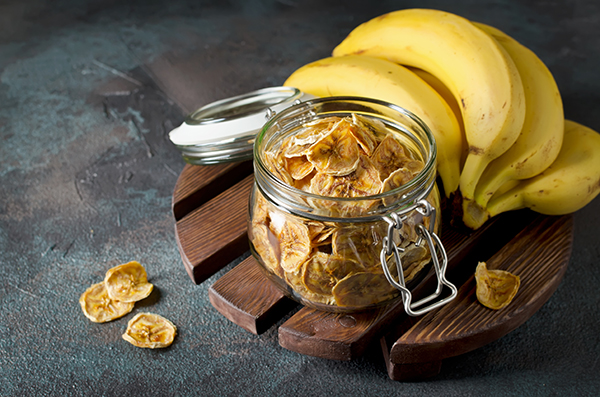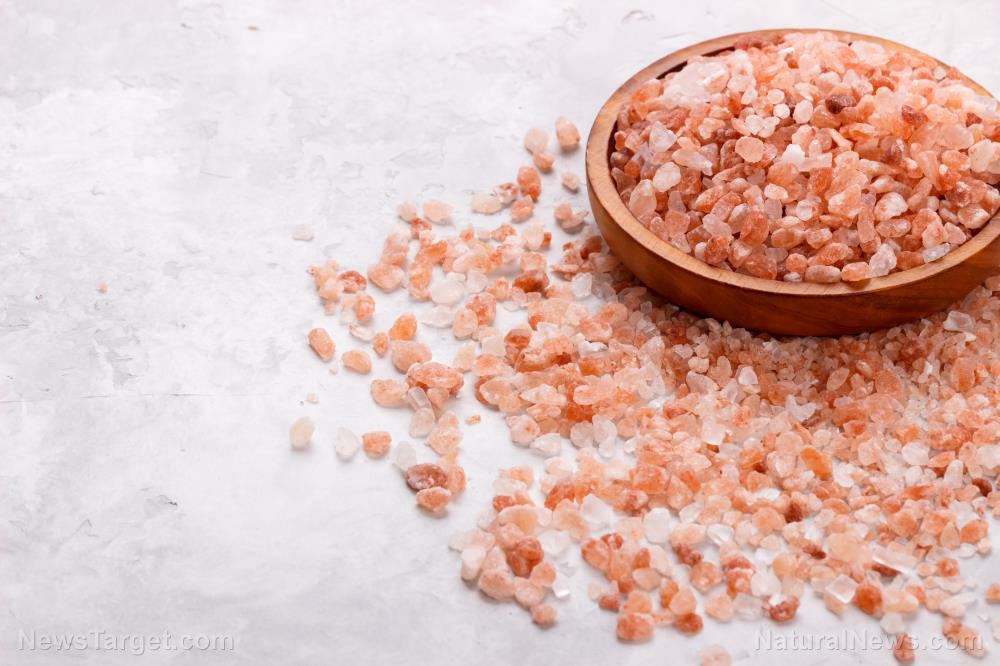Food storage tips: How to dehydrate honey
06/03/2024 / By Evangelyn Rodriguez
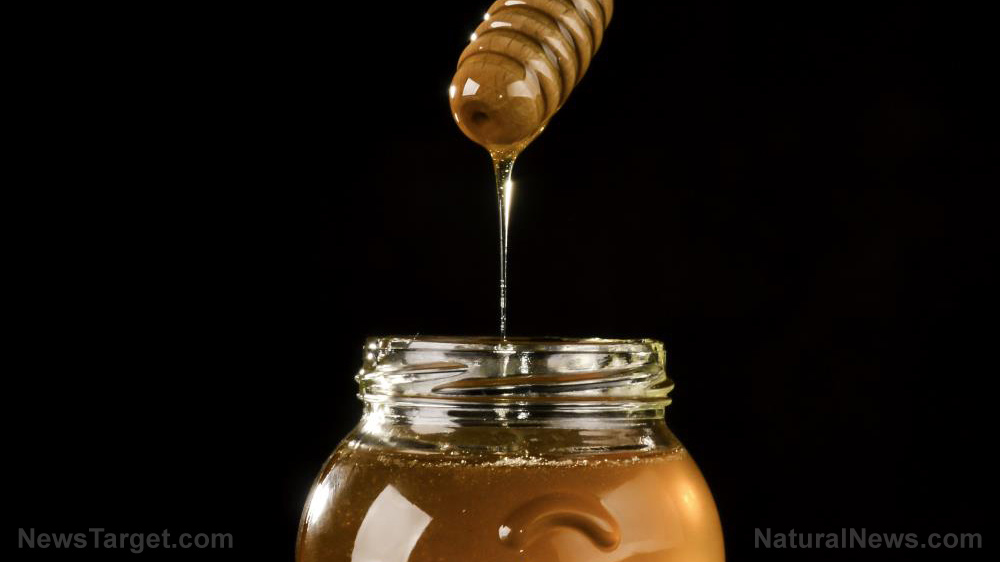
Honey is one of Mother Nature’s most versatile gifts to mankind. Used for various applications since ancient times, honey has now become a pantry staple in many kitchens around the world. Thanks to its natural sweetness and nutritional value, pure, unprocessed (raw) honey is considered one of the healthiest sugar substitutes in the human diet.
Honey also has a number of beneficial properties that make it a great natural remedy. In addition to being an excellent antioxidant and anti-inflammatory agent, honey boasts strong antibacterial properties that make it useful for treating burns and open wounds, preventing infections and promoting wound healing. Honey is also commonly used to relieve sore throat and cough symptoms in children. (Related: Herbs and honey: 7 Natural home remedies for a cough.)
Because of its usefulness, many preppers make room for it in their emergency stockpile. As a survival item, honey can be used to remove parasites, repel insects, sustain a flame or barter for supplies. As a culinary ingredient, honey is useful for sweetening/enhancing the flavor of food and for preserving easy-to-spoil fruits like berries. So when stocking up on honey, make sure you have enough for your pantry and your other survival needs.
Why you might want to dehydrate honey
For consumption and medicinal purposes, raw honey is preferable to regular or pasteurized honey because it contains more essential nutrients and beneficial active compounds. Raw honey is able to retain these important components because it is unfiltered and does not undergo extreme processing — such as being heated then rapidly cooled — which destroys most of the vitamins, minerals, amino acids and bioactive enzymes present in it.
While raw honey naturally lasts long in storage, some preppers prefer to dehydrate honey before storing. This turns honey into a fine powder (somewhat like corn flour) that’s actually more convenient and much easier to store and use when cooking. Dehydrating not only increases the shelf life of raw honey, it also helps preserve its natural taste. But most importantly, dehydrating honey helps prevent the natural sugars in it from crystallizing.
Raw honey contains two types of sugar: glucose and fructose. The more glucose raw honey contains, the faster it will crystallize. Storing raw honey near your stove or somewhere warm could help delay this process, but it won’t prevent it from happening. The presence of pollen in raw honey can also encourage crystallization. When sugars crystallize, they can make raw honey look cloudy or give it a coarse texture and a thicker consistency.
Another thing about raw honey is that it contains yeast naturally, so it’s inevitable that honey becomes fermented over time. While fermentation doesn’t make honey dangerous to consume, it does change the taste of honey. This is why most preppers invest time and effort into dehydrating honey. (Related: Nine ways to experience the magic of Manuka honey.)
How to dehydrate honey at home
There are two ways to dehydrate raw honey. One, you can invest in a food dehydrator. This machine can remove water from honey through evaporation. Follow these steps when using a dehydrator:
- Prepare a clean baking sheet and cover it with parchment paper.
- Pour a thin layer (about 1/8 inches) of honey. Do not make it thick to allow moisture to escape easily.
- Optional: You can add a sprinkling of ground ginger or ground cinnamon to the honey for added flavor.
- Set the dehydrator at 120 F and leave the honey in it for about 24 hours or just until it dries up and hardens.
- Take the dried honey out of the dehydrator and carefully lift or scrape it off the paper with a spatula.
- Break the honey into smaller shards and place them in a food processor.
- If the humidity is high, make sure you run your humidifier to prevent honey from absorbing moisture from the air. Honey can do that and turn sticky in a matter of minutes.
- Process the broken pieces using your food processor and store the dehydrated honey powder in an airtight jar or container. Do not open until ready to use.
If you don’t have a food dehydrator at home, you can still dehydrate honey manually. But note that this process requires heating which could reduce the nutrient content of raw honey. Follow these steps to dehydrate honey manually:
- Place a clean pot on your stove and heat the honey. Make sure the pot has enough room for when the honey expands as it bubbles up.
- Get a candy thermometer to monitor the temperature of your honey. It will be hard enough to crack once the temperature reaches 300 F.
- Do not overheat the honey. As soon as you reach the required temperature and hardness, remove the honey quickly from the heat.
- Place the honey on a silicone sheet lined with flat pans. Allow it to cool naturally and make sure the room has low humidity to prevent honey from absorbing moisture.
- Once cool enough to touch, crush and grind the dehydrated honey to your desired consistency.
- Store the honey in an airtight jar or container and do not open unless you’re going to use it.
Using dehydrated honey is an excellent way of avoiding any sticky mess when using honey. Dehydrated honey dissolves nicely and doesn’t require you to use a lot to sweeten food. And because it eliminates moisture, dehydrated honey is great for baking bread, cakes and cookies. The only downside is it is easy to burn and won’t add chewiness to your baked goods. (Related: Emergency food prep: Stock up on manuka honey, a must-have survival food and barter item.)
Dehydrated honey is a great survival food to have in your food stockpile. Learn more about versatile foods you should store in your survival pantry at EmergencyFood.news.
Watch the following video to learn more about the uses of honey.
This video is from the Natural Cures channel on Brighteon.com.
More related stories:
Seventy-five percent of honey bought at the supermarket isn’t real honey.
Not just for eating: The 5 health benefits of manuka honey superfood.
Raw honey: Exploring the benefits of this ancient superfood.
Honey: An amazing superfood with many health benefits.
See clearly with this sweet cure: Study shows honey can help treat dry eye disease.
Sources include:
Submit a correction >>
Tagged Under:
dehydrated honey, emergency food, food freedom, Food Preservation, food science, Food storage, food supply, functional food, homesteading, honey, natural ingredients, off grid, preparedness, prepper, prepping, raw honey, survival, tips
This article may contain statements that reflect the opinion of the author
RECENT NEWS & ARTICLES
COPYRIGHT © 2017 OFFGRID NEWS



